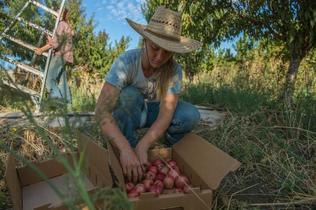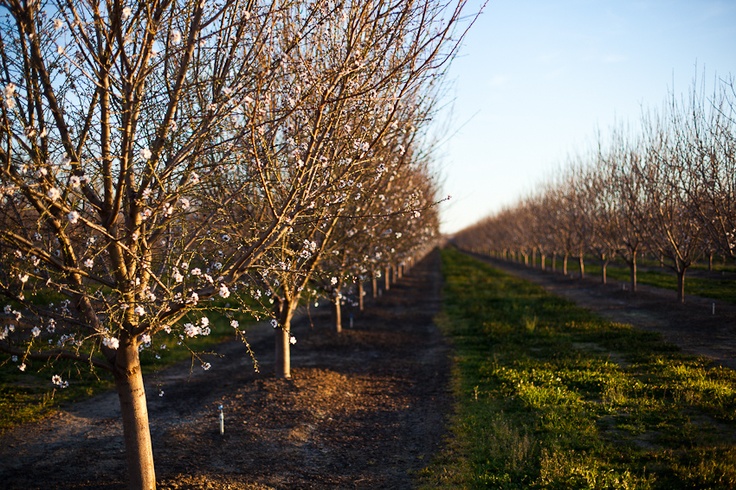American Agri-Women to Meet Today
Federal Land Policies Will Be Discussed
News Release
Today, the American Agri-Women (AAW) is hosting its 26th annual symposium in Washington, D.C., starting at 9 a.m. with the focus on private and public land use agreements.
“Federal Land Policies: The Good, the Bad and the Ugly” will be held at the Department of Interior’s Sidney Yates Auditorium, 1849 C Street NW, and is free and open to the public. Pre-registration is not required. The program may be viewed at https://americanagriwomen.
The symposium is hosted each year by AAW’s Presidents’ Council, which is made up of the organization’s previous presidents. This year’s symposium will bring together prominent land use specialists and the Department of Interior’s directors for an open discussion.
The event’s keynote speaker is Myron Ebell, Director of the Center for Energy and Environment at the Competitive Enterprise Institute. Ebell also chairs the Cooler Heads Coalition, which comprises representatives from more than two dozen non-profit organizations based in the United States and abroad that challenge global warming alarmism and opposes energy rationing policies.
Other featured panelists include Brenda Burman, Commissioner of the Bureau of Reclamation; Harriet Hageman, Hageman Law P.C. in Cheyenne, Wyoming; and Dr. Andrea Travnicek, Principal Deputy Assistant Secretary of Wildlife and Parks. A Department of Interior “Welcome” will be given my Susan Combs, Senior Advisor to the Secretary of the Interior exercising the Authority of the Assistant Secretary for Fish and Wildlife and Parks and lead for DOI Reorganization.
















